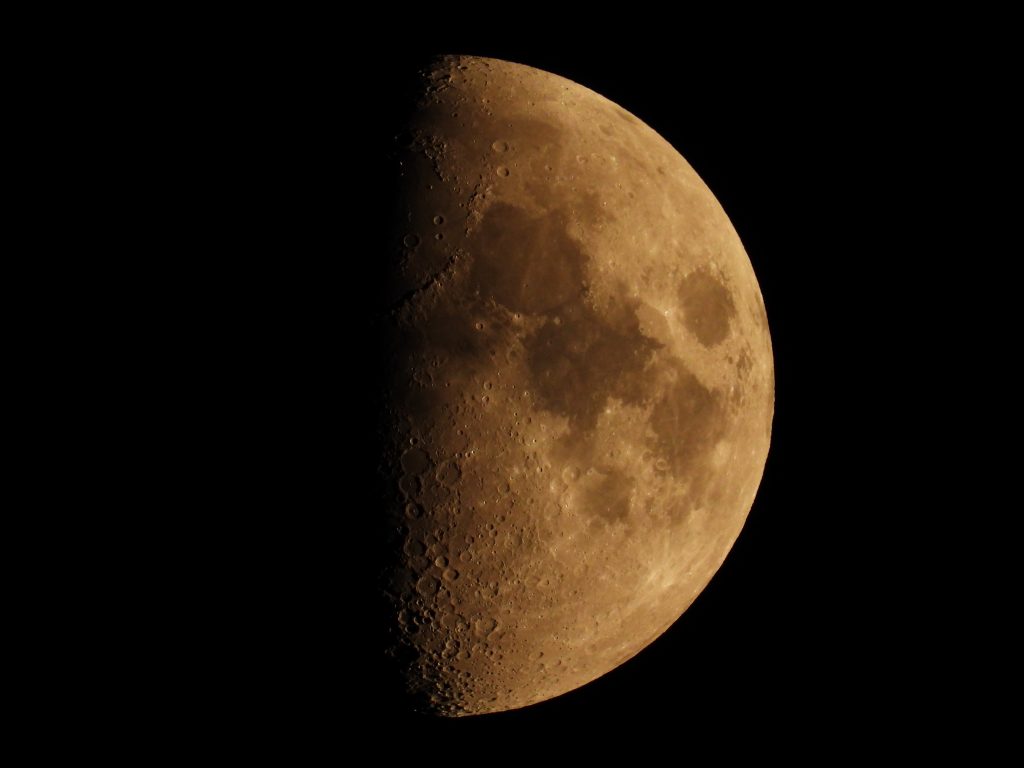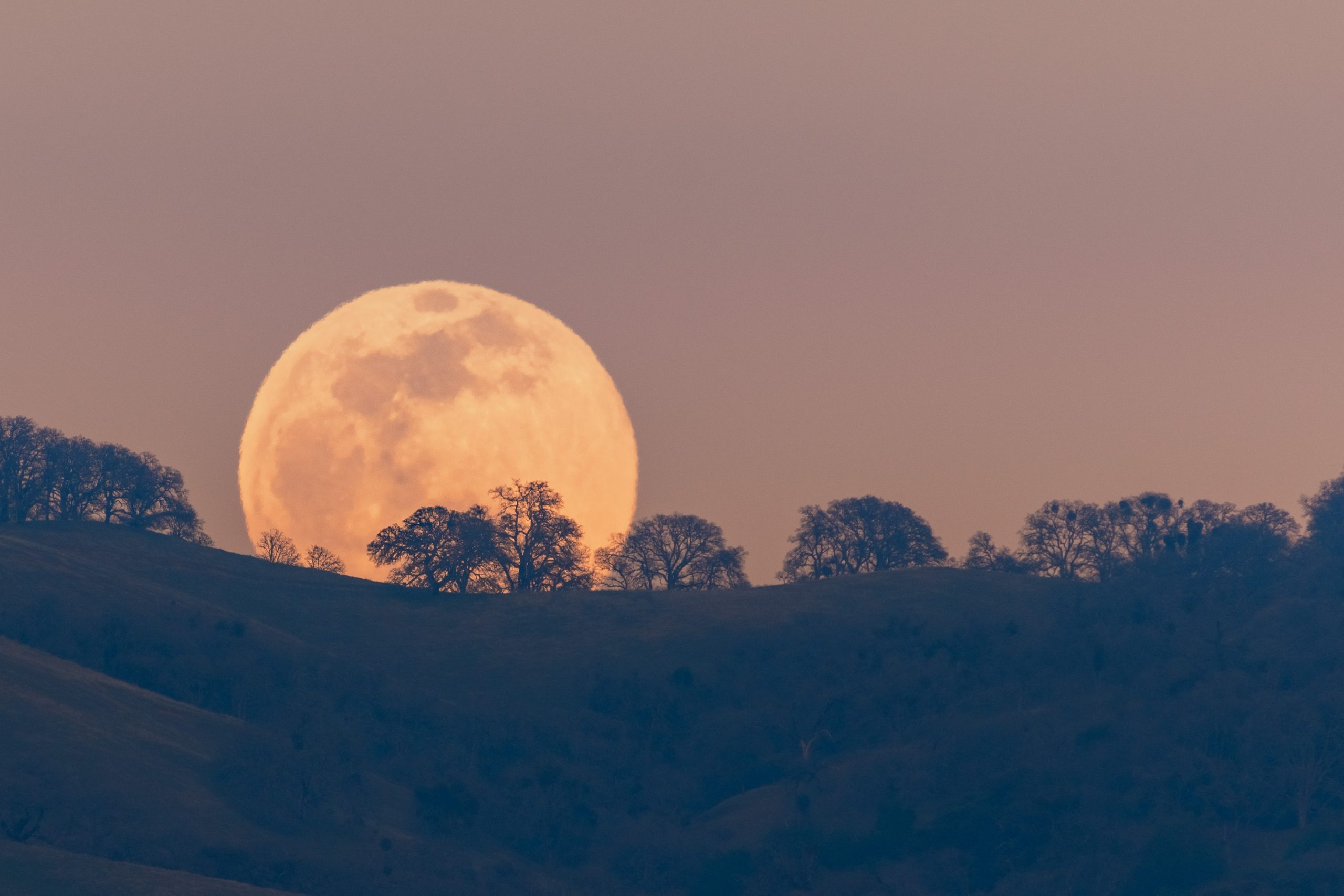Have you ever looked up at the moon and wondered, “What if it suddenly vanished?” It’s a strange question — and it might sound like science fiction — but the answer is surprisingly real and deeply fascinating. The moon does far more than just light up the night sky. It plays a crucial role in Earth’s balance, climate, and even life itself. If it were to disappear, the consequences would be dramatic, global, and possibly devastating.
First, let’s talk about the tides. The moon’s gravity is the main reason Earth has tides at all. Its pull causes the ocean to bulge, creating the high and low tides we see every day. Without the moon, these tides would shrink to just a third of their current size. That might sound like a minor change, but many marine species rely on strong tidal flows to feed, breed, and migrate. A sudden drop in tidal movement would disrupt ecosystems around the world, threatening countless species and potentially collapsing fragile food chains.

Then there’s Earth’s tilt — something we rarely think about, but which determines our seasons and climate. Right now, our planet is tilted at about 23.5 degrees, and that tilt is kept relatively stable thanks to the moon’s gravitational influence. Without the moon acting as a stabilizer, Earth’s tilt could wobble wildly over time — from nearly straight up to almost lying on its side. That would cause extreme and unpredictable changes in climate. Imagine a world where the Arctic could point directly at the sun, turning into a desert, while the equator freezes. Seasons would become chaotic, agriculture would struggle, and the entire rhythm of life on Earth could be thrown off balance.
Now consider the length of our days. Most people don’t realize that the moon is gradually slowing down Earth’s rotation. Without it, the planet would spin faster and faster. Days could shorten significantly — imagine trying to live a full day in just 10 hours. That would reshape weather systems, increase wind speeds, and mess with our internal clocks. Everything from sleep patterns to crop growth could be affected.
The disappearance of the moon would also plunge our nights into deeper darkness. While some astronomers might celebrate clearer views of distant stars, animals that rely on moonlight to hunt or avoid predators would struggle. And for humans, we’d lose one of the most iconic sights in the sky — along with countless traditions, myths, and stories tied to it.
Beyond the physical changes, there’s a deeper, more philosophical impact to consider. Some scientists believe the moon may have helped life begin on Earth by creating the tidal pools where early organisms first evolved. Without it, the rise of life — and eventually humans — might never have happened. Even our calendars, navigation systems, and cultural heritage have been shaped by the moon’s presence.
Thankfully, the moon isn’t going anywhere. While it’s slowly drifting away — about 3.8 centimeters per year — it will remain in our skies for billions of years. But imagining a world without it reminds us just how interconnected everything is. The moon is not just a beautiful object in the night sky — it’s a silent guardian of life on Earth.
So the next time you see it glowing overhead, remember: it’s not just decoration. It’s balance. It’s protection. It’s a quiet force holding our world together.














